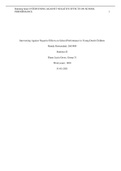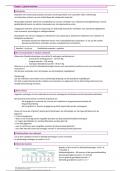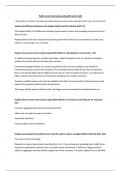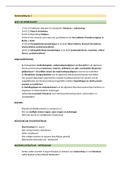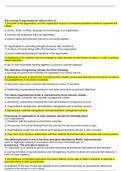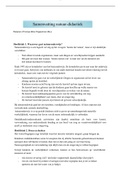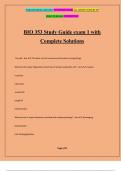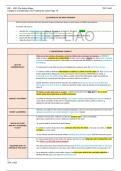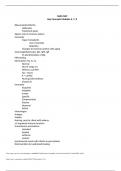Ensayo
Final Assignment Statistics II Year 2.4 Psychology
- Grado
- Institución
This is the final assignment for the course Statistics II of the second year of psychology. I received an 8.2 for this assignment. You can use this assignment as an example for your own assignment (copying the assignment or parts of it will lead to an automatic fail) and you can use the rubrics I a...
[Mostrar más]
